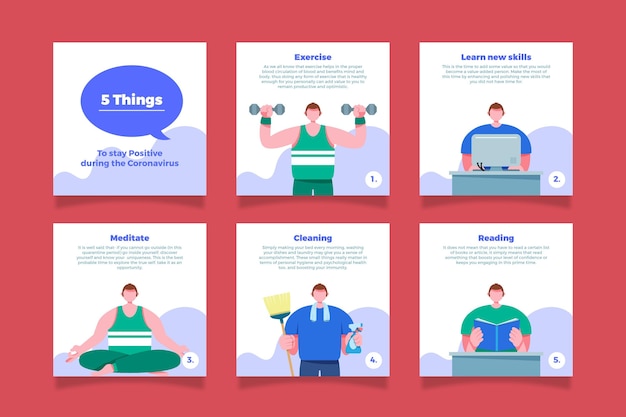
Meditation, a practice that helps focus the mind on a single object for an extended period, is accessible to everyone, regardless of physical fitness. Its varied techniques mean anyone can benefit, even those with physical limitations who can meditate while sitting and using mindfulness practices like deep breathing and relaxation.
There are many types of meditation, and not every type will suit everyone. The core aim is to help you focus on the present and boost self-awareness. Mindfulness meditation offers calmness and balance, benefiting both mental and physical health. By focusing on something pleasant, it helps you relax and reduce stress, thus enhancing your quality of life. Consistent practice can help calm your mind and concentrate on yourself.
For beginners, meditation offers numerous benefits. It helps manage difficult emotions and physical anxiety with compassion, reduces stress levels, and brings a sense of ease into daily life. These advantages motivate beginners to start and maintain their practice. Regular meditation improves focus, emotional wellness, and mental clarity, leading to a more positive outlook on life. It also enhances relationships, increases self-awareness, improves sleep quality, strengthens the immune system, and equips you to handle life’s challenges more effectively.
Finding time to meditate can be tough, but daily practice yields the best results. A good guideline is to meditate for about twenty minutes, though there’s no strict rule about session length. Meditate in the morning to prepare for the day and before bed to unwind. Everyone’s routine is different, so find what works best for you.
No special equipment is needed—just a warm, comfortable place to sit. You might use a yoga mat, meditation cushion, rug, or towel. Some prefer sitting on a bed or chair; what’s important is being relaxed and able to sit upright. This simplicity makes starting meditation easy for beginners.
One effective approach is to focus on your senses. Close your eyes, get comfortable, and pay attention to your breath. Notice the subtle smells, vibrations, and how your body feels. If your mind wanders, gently bring your focus back to these sensory experiences. This practice can help you become more attentive and relaxed.
Start by sitting comfortably and taking a deep breath through your nose, while keeping your jaw tight and mouth closed. As you exhale, relax your abdomen and let the air out gently. This breathing method can calm anxiety and lower your heart rate, especially for new meditators.
It’s normal for your mind to wander during meditation. Everyone experiences this, even experts. The key is to notice when your mind drifts and gently redirect your focus back to your breath. Remember, it’s a learning process, so be patient with yourself.
For bedtime meditation, create a calm environment in your bedroom. Wear loose, comfortable clothing, maintain a pleasant temperature, and dim the lights. You can meditate sitting or lying down, whichever makes you feel more at ease. Lying down might help you fall asleep quickly after meditating.
Turn off electronic devices like phones, tablets, and TVs to reduce distractions and create a more relaxed atmosphere. Do this at least an hour before bedtime, as the blue light from screens can interfere with relaxation. Soft music or nature sounds can also help set a peaceful mood. Use earbuds to focus on meditation guides or calming sounds without outside interruptions.
Meditation is a simple yet profound way to enhance your spiritual health, reduce stress, and connect with your true self. Whether you’re new to meditation or looking to deepen your practice, the benefits are significant. Trusted sources can offer personalized guidance and insights to help you on your journey.
Discover different types of meditation, such as walking meditation, yoga poses, and focused meditation, which can all be beneficial with regular practice. For beginners, find a peaceful area, sit comfortably, and focus on your breath. Let your abdomen expand as you inhale deeply and exhale slowly to release stress. If your mind wanders, gently bring your focus back to your breath. Consistent practice will improve your skills.
Start with short sessions and gradually increase the duration. Focus on your breathing or a mantra rather than on any specific thoughts. Accept distractions without judgment and gently refocus on the task. The ultimate goal is to remain present in the moment, rather than getting caught up in emotions.
Effective meditation starts with a quiet place where you can sit comfortably and focus on your practice.
